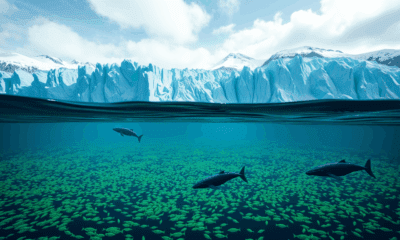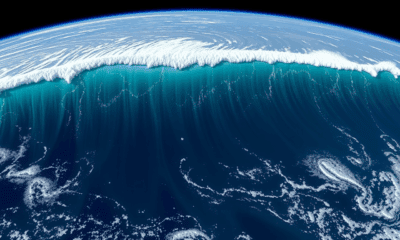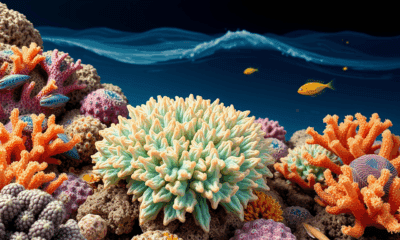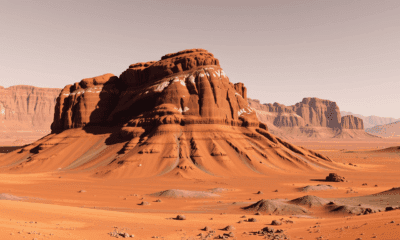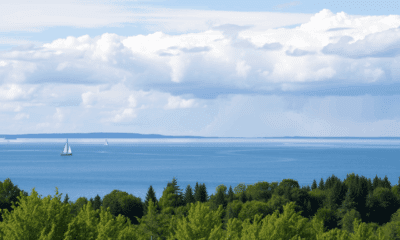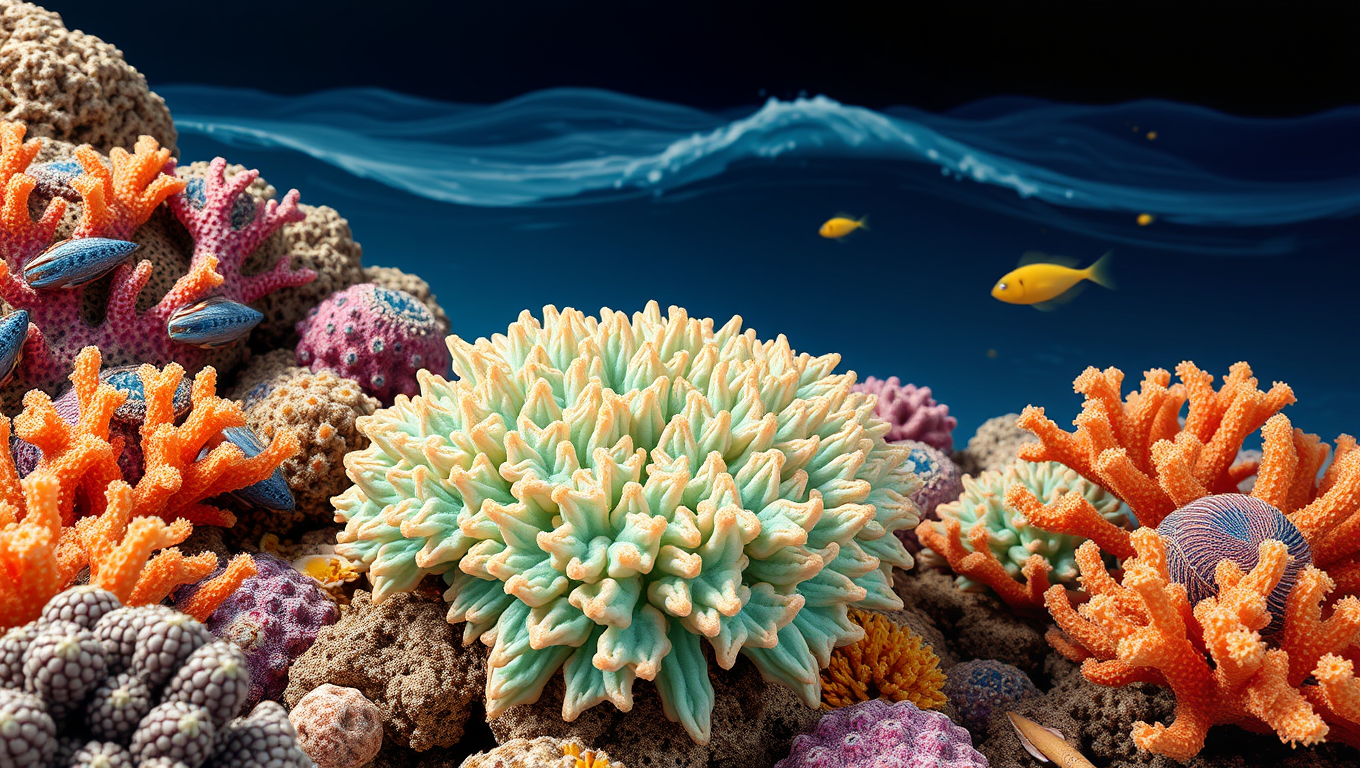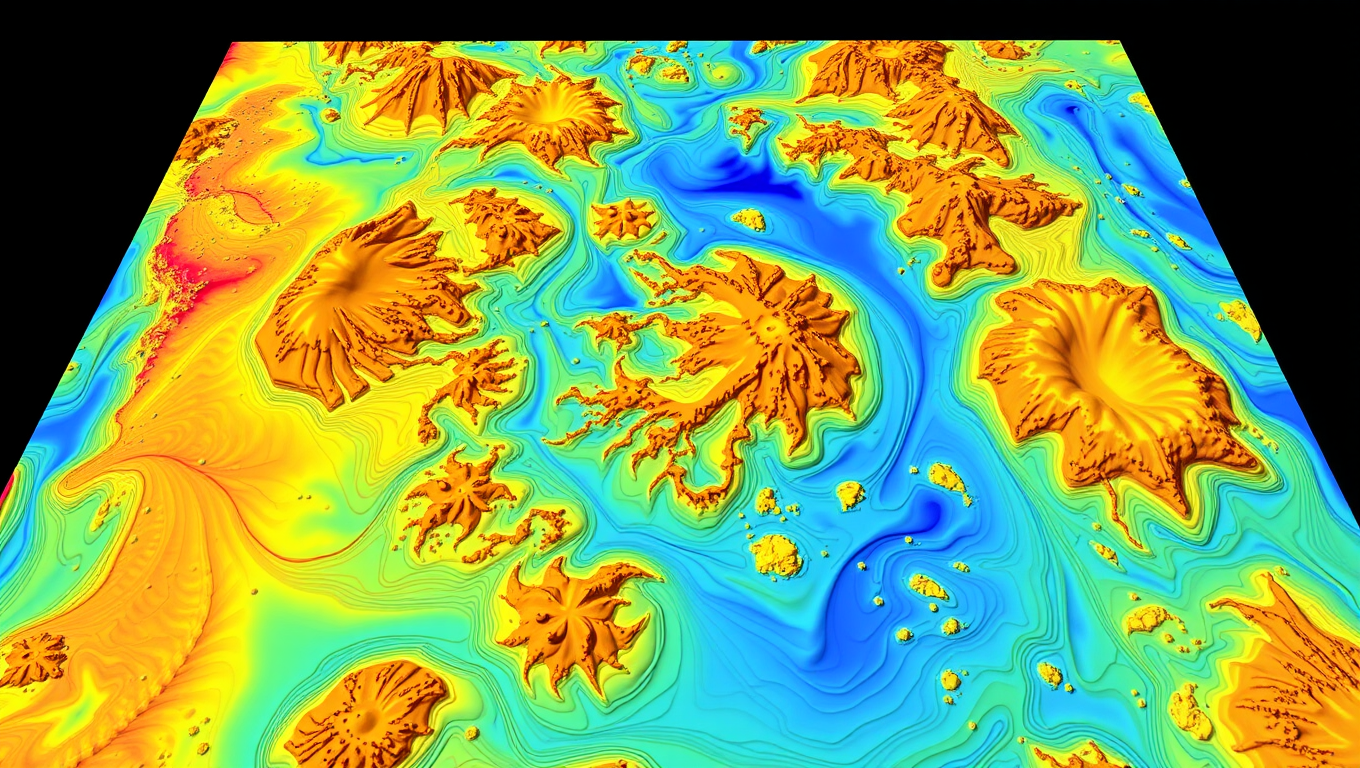While we try to keep things accurate, this content is part of an ongoing experiment and may not always be reliable.
Please double-check important details — we’re not responsible for how the information is used.
Climate
Uncovering Antarctica’s Slow Collapse: A New Era of Climate Adaptation
Long-lost 1960s aerial photos let Copenhagen researchers watch Antarctica’s Wordie Ice Shelf crumble in slow motion. By fusing film with satellites, they discovered warm ocean water, not surface ponds, drives the destruction, and mapped “pinning points” that reveal how far a collapse has progressed. The work shows these break-ups unfold more gradually than feared, yet once the ice “brake” fails, land-based glaciers surge, setting up meters of future sea-level rise that will strike northern coasts.
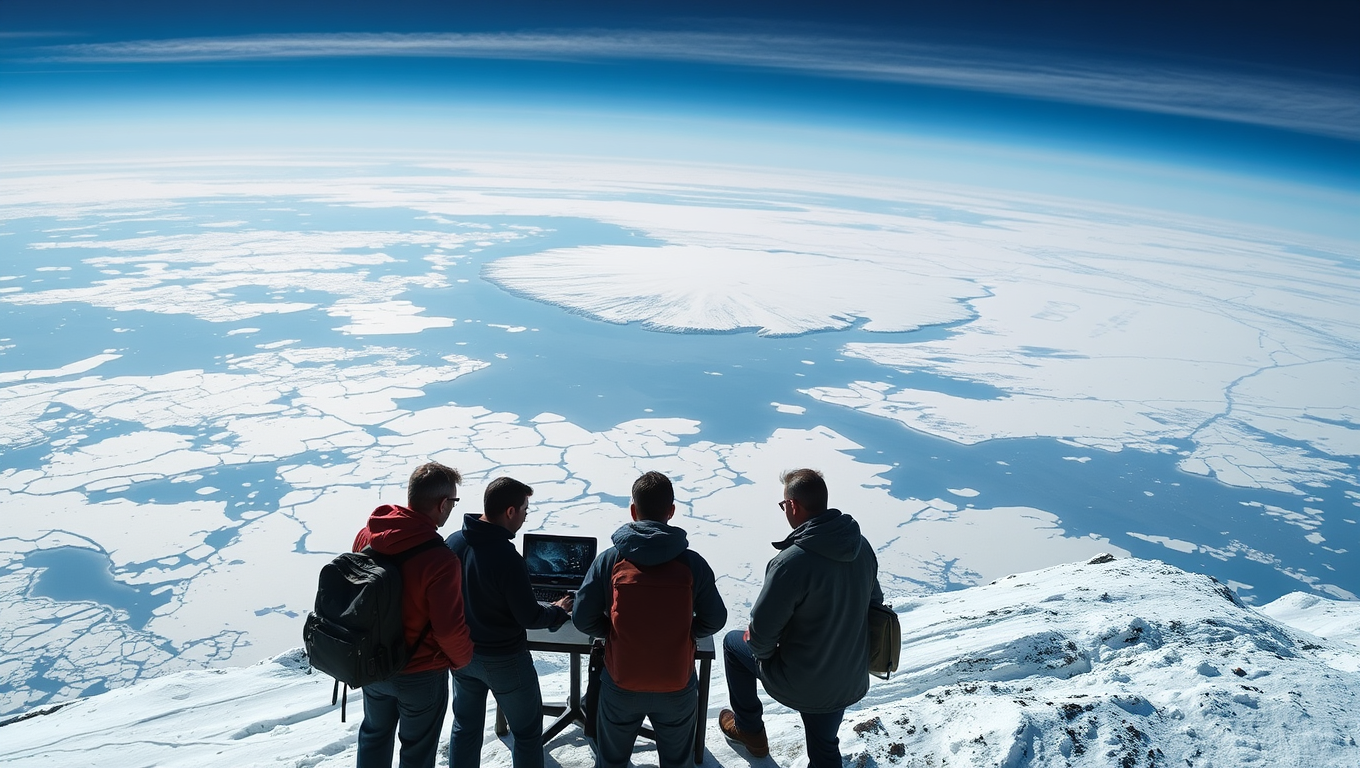
Climate
The Ocean’s Fragile Fortresses: Uncovering the Impact of Climate Change on Bryozoans
Mediterranean bryozoans, including the “false coral,” are showing alarming changes in structure and microbiomes under acidification and warming. Field studies at volcanic CO₂ vents reveal that these stressors combined sharply reduce survival, posing risks to marine ecosystems.
Climate
Unraveling Chaotic Ant Wars to Save Coffee: The Complexities of Ecological Systems in Agriculture
In a Puerto Rican coffee farm, researchers uncovered a web of chaotic interactions between three ant species and a predator fly, revealing how shifting dominance patterns make pest management unpredictable. By combining theories of cyclic dominance and predator-mediated coexistence, they showed how ecological forces oscillate and intertwine, creating patterns too complex for simple forecasting. This deep dive into ant behavior underscores both the potential and the challenges of replacing pesticides with ecological methods, as nature’s own “rules” prove to be far from straightforward.
Climate
“Hidden Wonders: Scientists Stunned by Colossal Formations Under the North Sea”
Beneath the North Sea, scientists have uncovered colossal sand formations, dubbed “sinkites,” that have mysteriously sunk into lighter sediments, flipping the usual geological order. Formed millions of years ago by ancient earthquakes or pressure shifts, these giant structures could reshape how we locate oil, gas, and safe carbon storage sites. The discovery not only challenges established geology but also introduces a new partner phenomenon, “floatites,” and sparks debate among experts.
-

 Detectors11 months ago
Detectors11 months agoA New Horizon for Vision: How Gold Nanoparticles May Restore People’s Sight
-

 Earth & Climate12 months ago
Earth & Climate12 months agoRetiring Abroad Can Be Lonely Business
-

 Cancer12 months ago
Cancer12 months agoRevolutionizing Quantum Communication: Direct Connections Between Multiple Processors
-

 Albert Einstein12 months ago
Albert Einstein12 months agoHarnessing Water Waves: A Breakthrough in Controlling Floating Objects
-

 Chemistry11 months ago
Chemistry11 months ago“Unveiling Hidden Patterns: A New Twist on Interference Phenomena”
-

 Earth & Climate11 months ago
Earth & Climate11 months agoHousehold Electricity Three Times More Expensive Than Upcoming ‘Eco-Friendly’ Aviation E-Fuels, Study Reveals
-

 Agriculture and Food12 months ago
Agriculture and Food12 months ago“A Sustainable Solution: Researchers Create Hybrid Cheese with 25% Pea Protein”
-

 Diseases and Conditions12 months ago
Diseases and Conditions12 months agoReducing Falls Among Elderly Women with Polypharmacy through Exercise Intervention

